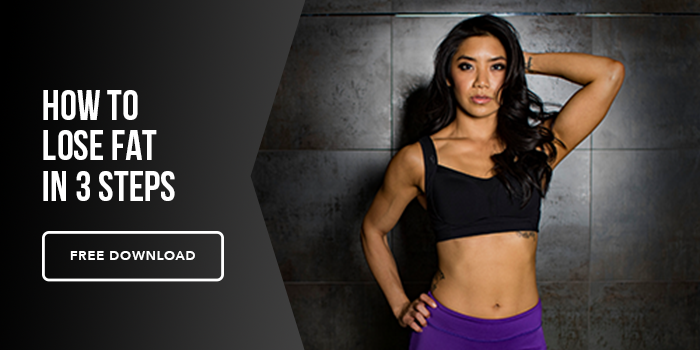We’ve all hit that workout lull. Weeks and months go by without stepping foot into the gym. The worst part about it is, our reasons are totally excusable.
- "I had to take care of my kids"
- "I had too much at work"
- "Not enough time in the day"
The list goes on and on. Hopefully, it doesn’t last too long and you get that urge to step back in the gym again. But maybe it’s been too long. What do you do? Where do you start?
Find a Starting Point
This is actually a very crucial foundation. Be SUPER realistic about where your fitness level is at. If you go too intense, it may frustrate you and cause you to stop again. If it is too EASY, you might feel like you’re spinning wheels. Well what’s your lifting experience up to this point like?
Novice - Perhaps start with bodyweight exercises (i.e. MAPS Anywhere)
Intermediate - ease back into a program. Do NOT head straight into insane amounts of volume (i.e. MAPS Starter or Anabolic Pre-Phase)
Intermediate/Advanced - if you have 3+ years of serious lifting under your belt get back into a program you might have done in the past. But again, don’t jump into crazy volume. Slowly ease into it (i.e. MAPS Anabolic)
I can’t stress this enough because I know people are skimming over it when I say it. EASE INTO THE VOLUME! Don’t just chase being super sore. That isn’t a necessary indicator that you got a “good workout”. You may in fact be doing more harm than good depending on how long it’s been. Also, don’t just jump on some program your buddy recommends. What’s easy for him may not be easy for you. Besides, wouldn’t you prefer to do the minimum effective dose? The important thing is to take this time to listen to your body. See how well it can recover/grow. You shouldn’t feel so sore that it takes more than 2-3 days to recover, but it should feel like you worked out that given muscle group.
What if I’m still relatively new and feel overwhelmed?
That’s totally okay! Best piece of advice I can give you is whatever habits you start to incorporate, ask yourself, on a scale of 1-10 (10 being the highest), what’s the likelihood that you will do it ten out of ten times?
Example:
What you THINK you can do: “I’m going to go to the gym 5 days this week. I’m ready man!”
What you REALISTICALLY do: “Ah, it wasn’t my fault, I was tired and I only got to the gym 2 maybe 3 times this week. But I did 5 last week!”
I’m going to give you some of the best psychological advice I’ve ever heard when working with clients.
A decent program followed consistently is better than a perfect program never followed.
Let’s take the above example and apply it to two different scenarios.
Scenario 1: If I said to you “Ok Chad, I know you swear you can do 5 days a week for the next month, but let’s just shoot for 2.” 4 weeks go by, and you come back telling me “Joe that was TOO easy man c’mon. I got to the gym twice every week without blinking an eye! I even went 3 times during two of the weeks.”
Scenario 2: “I’m going to go 5 times a week for the next month. I know I can.” 4 weeks go by, and you come back telling me the same answer as above.
What’s the difference? In my book, scenario 1 is an epic win psychologically, because you hit your behavior based goal 4/4 weeks and now are more likely to stick to the plan long term. The second scenario will be recorded as an epic loss in your mind even though it’s the SAME EXACT result, simply because of the initial goal you set. This is dangerous, because it’s reasons like this people end up falling off the wagon and never hit their goals and/or quit working out.
Focus on the Big Rocks
What about supplementation? Or nutrient timing? In my opinion, if you’re not doing the big things first the details won’t really do much.
- Hit your 1 gram/lb protein
- Be eating mostly whole, unprocessed foods
- Keep your stress levels as low as you can
- Stay social! Hang out with your friends to de-stress and increase quality of life
- Get your 8 hours of sleep
In the end it’s your life. You can ultimately do what you want to do. However, if you approach your workouts following my advice above, and keep consistent with these obvious, but often forgotten bullet points, then everything else will fall into place. Only then, can we move onto the details.






